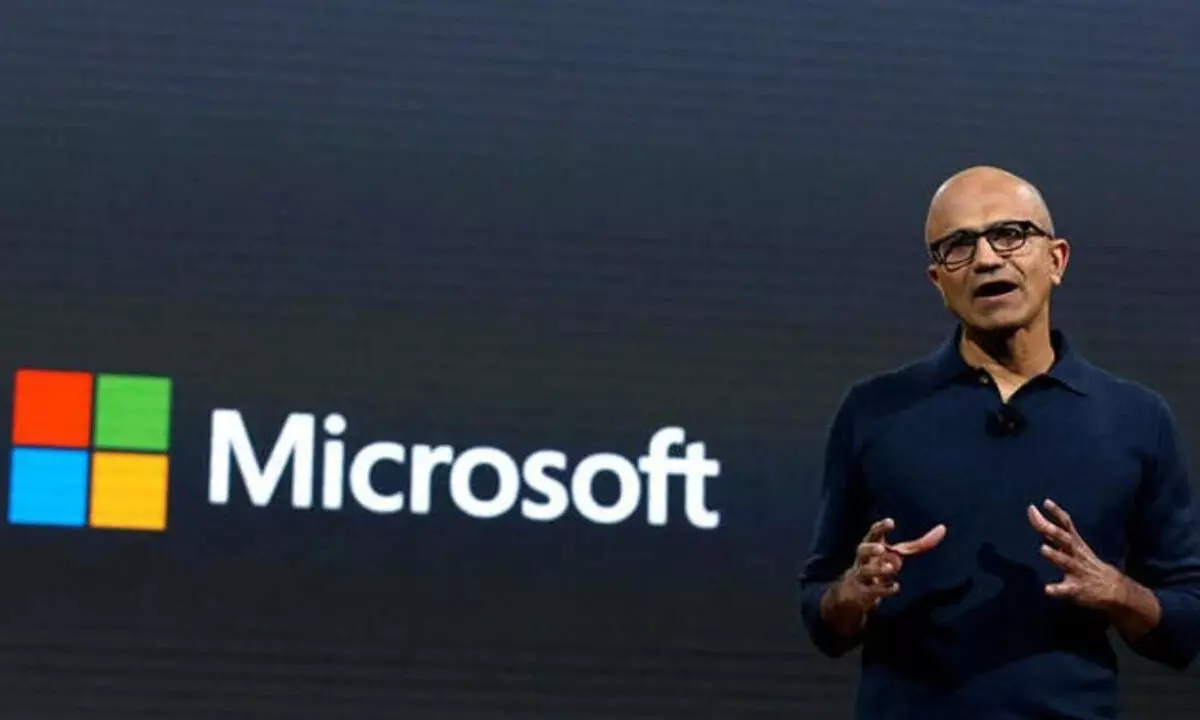Microsoft Unveils GitHub AI Agent That Can Write, Fix and Update Code

Microsoft’s GitHub Copilot AI agent now autonomously codes, debugs, and updates files, reshaping developer workflows while keeping human oversight intact.
At the recently concluded Build 2025 developer conference in Seattle, Microsoft unveiled a significant advancement in AI-driven software development—a new GitHub AI agent capable of independently writing, debugging, and updating code. This move signals Microsoft’s intent to further embed artificial intelligence into the heart of modern development workflows.
The new AI assistant, part of the GitHub Copilot suite, differs from earlier tools by taking on complete programming tasks once assigned, rather than merely offering code suggestions. Developers can now assign the agent jobs such as fixing bugs, refactoring code, or adding new features, and it will carry them out autonomously. However, Microsoft has included a vital checkpoint: before any code changes are pushed through Continuous Integration (CI) or Continuous Delivery (CD) workflows, a human must approve the agent’s pull requests, ensuring that developers retain final control over deployments.
“What sets this Copilot AI agent apart is its autonomy,” explained GitHub during the announcement. “It notifies the developer upon task completion, summarises what was done, and creates new files where necessary.”
The agent is currently in preview mode, with Microsoft actively seeking developer feedback before a wider rollout. According to GitHub, it’s particularly suited for low to medium complexity work within stable, well-tested codebases. The goal is to eliminate the burden of repetitive tasks and free up developers to focus on higher-level, creative problem-solving.
The AI’s brainpower comes from Claude 3.7 Sonnet, the latest large language model from Anthropic. This advanced model allows the agent to better understand coding tasks, follow context, and produce more accurate outputs. Developers can interact with it just like a teammate—assigning tasks and reviewing results, all within the GitHub environment.
Beyond code writing and bug fixing, the AI can improve documentation and handle task notifications, acting like a reliable team member. It’s also seen as Microsoft’s strategic response to rising competitors like Cursor and Windsurf, which generate code from simple prompts. While those tools are geared toward starting new projects, GitHub’s AI agent is aimed at ongoing project management and maintenance, where developers often need the most assistance.
Since Microsoft acquired GitHub in 2018, the platform has grown exponentially. GitHub now brings in more than $2 billion in annual revenue, with user adoption of GitHub Copilot soaring to over 15 million, a fourfold increase in just a year, according to Microsoft CEO Satya Nadella.
For those wondering about access, GitHub offers a free Copilot tier with basic features for individual users. However, the new AI coding agent is part of the Copilot Pro+ subscription for developers and the Copilot Enterprise plan for organisations. These plans provide expanded capabilities, including the new AI agent, and are designed to support more complex workflows at scale.
So, what does this mean for software developers? The arrival of GitHub’s AI agent could mark a turning point in how development teams operate. It won’t replace human coders, but it has the potential to dramatically speed up routine tasks and reduce manual workloads. Developers may find themselves shifting focus—from writing every line of code to overseeing tasks, reviewing outputs, and applying creative thinking to more complex problems.
By automating the more repetitive elements of coding, Microsoft is reshaping the software development landscape, inviting a future where AI and humans collaborate more closely than ever.








